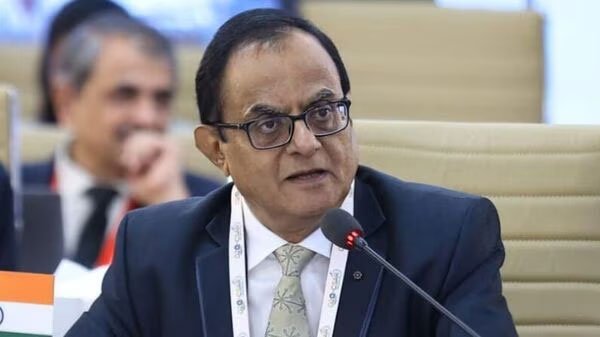Discover how India’s new policy could revolutionize deep-tech startups, providing long-term financial support to foster innovation and boost competitiveness across global tech sectors. Dive into the details of this transformative move!
Ajay Kumar Sood, the chairperson of the Prime Minister’s Science, Technology and Innovation Advisory Council (PM-STIAC) and the principal scientific advisor to the government, revealed in a recent interview plans for a novel policy. This policy aims to provide fiscal backing to deep-tech startups, propelling India to the forefront of global tech competitiveness and enhancing its prowess in sectors like space, defense, energy, medical sciences, and pharmaceuticals.
Are Deep-Tech Startups Shaping India’s Tech Frontier?
The push for indigenous technologies across diversified sectors is set to harness the innovation of deep-tech startups, driving India’s competitive edge on the global stage. A robust policy framework is in the pipeline, designed to fuel these ventures with enduring financial backing, revealed Mr. Sood.
Building Indigenous Capabilities: Can Deep-Tech Cut It?
Emphasizing the imperative of competitiveness through proprietary technology, Sood acknowledges the scarcity of deep-tech startups in India. “Out of approximately 100,000 startups, only 10% qualify as deep tech,” he states, underscoring the strategic blueprint, ‘Deep Tech Startup Policy’, open to public discourse and on the verge of becoming a policy edict to foster such cutting-edge enterprises.
How Will Long-Term Finance Propel Deep-Tech Sustainability?
Affirmative financial intervention is vital for the longevity of deep-tech startups, according to Sood. He points out the necessity to amplify the existing ‘India Startup Fund’ specifically for deep-tech entities, demanding extended-term investment horizons due to their inherently gradual maturation process.
What’s on the Horizon for Deep-Tech Startups in India?
In stitching the fabric of a more supportive ecosystem, there’s an agenda to tailor existing financial instruments to better fit deep-tech startups. Sood hints at imminent revisions to current funding schemes, drawing attention to the Startup India seed funding program, which has earmarked ₹945 crore for nascent enterprises in their formative years, based on government data.
Has India’s Tech Evolution Transformed Key Sectors?
According to Sood, India has made remarkable strides in technology, notably within digital public infrastructure. This advancement has revolutionized industries like payments and fintech. Interestingly, Sood suggests that this innovative public-private partnership model could be a game-changer for education, vastly increasing accessibility. “We can harness the success of digital public infrastructures, such as the PM’s e-vidya programme, to make a significant impact,” he asserts. The promise of digital education looms large on the horizon, buoyed by India’s demographic edge — a young, vibrant population eager to learn.
Can India’s Approach to Self-Reliance Chart a New Path Forward?
Sood addresses the nation’s ambition for self-reliance, emphasizing that it doesn’t equate to isolation or an onerous burden of innovation. Rather, he points out, the focus is on strategic advancements that place India at the forefront of certain technologies. “Self-reliance is about leading, not just following, and embracing our innate capacity for innovation,” he explains. Despite the challenges, Sood is confident India can take the lead in several domains. He also spotlights India’s recent achievements during the COVID-19 crisis, such as the rapid development of vaccines and testing kits, along with progress in medical tools, food processing, and nutraceuticals, showcasing India’s potential to excel during global crises.











